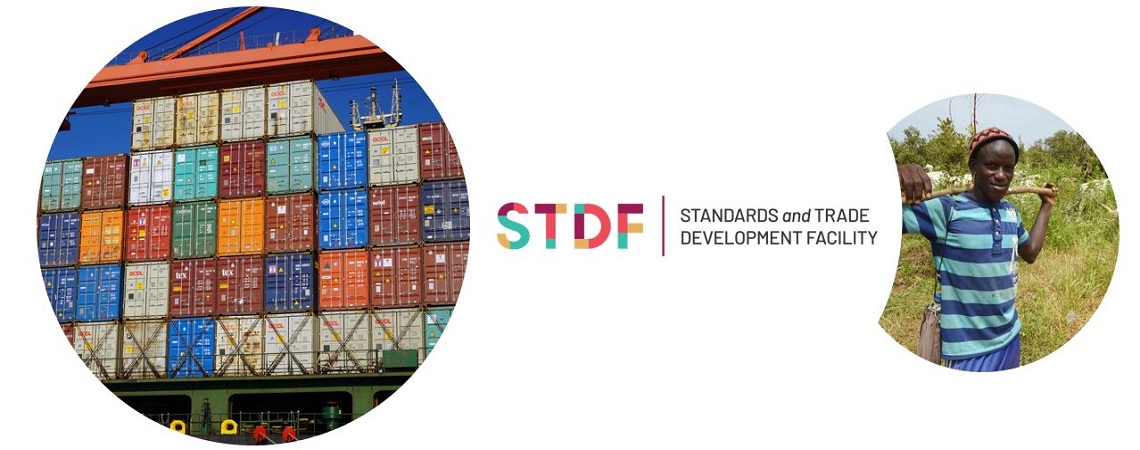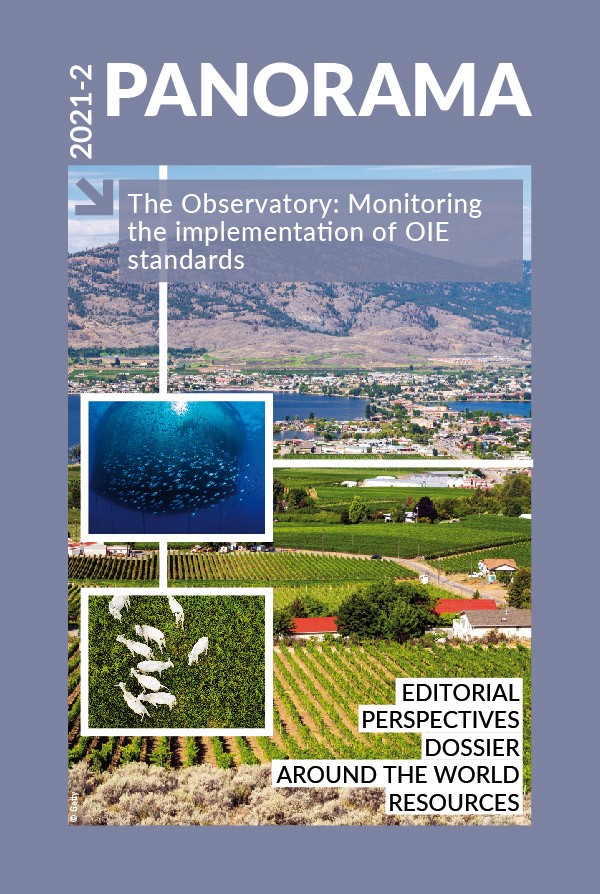Around the world Posted on 2021-12-20 15:17:38
Network initiatives
Facilitating safe trade: how to ensure that SPS measures are fit for purpose?
Keywords
Authors
Camille Fléchet(1) & Marlynne Hopper(2)*
(1) World Trade Organization (WTO).
(2) Standards and Trade Development Facility (STDF).
* Corresponding author: STDFSecretariat@wto.org.
The designations and denominations employed and the presentation of the material in this article do not imply the expression of any opinion whatsoever on the part of the OIE concerning the legal status of any country, territory, city or area or of its authorities, or concerning the delimitation of its frontiers and boundaries.
The views expressed in this article are solely the responsibility of the author(s). The mention of specific companies or products of manufacturers, whether or not these have been patented, does not imply that these have been endorsed or recommended by the OIE in preference to others of a similar nature that are not mentioned.
The Standards and Trade Development Facility (STDF), a global partnership to facilitate safe trade(1), is developing practical guidance for SPS regulators in developing countries on how to use GRPs (such as stakeholder consultations, regulatory stock-taking or regulatory impact assessments), even when capacity or resources are limited.
The forthcoming GRP Guide, developed in consultation with the World Organisation for Animal Health (OIE) and other STDF partners, will help SPS regulators to use good practices to develop, design and review SPS measures that are fit for purpose. The aim is to improve compliance with the international standards recognised in the World Trade Organization SPS Agreement (and provided by the Codex Alimentarius, the International Plant Protection Convention and the OIE) to ensure health protection while facilitating trade.
________________________________________
(1) The Standards and Trade Development Facility (STDF) is a global partnership to facilitate safe trade, contributing to sustainable economic growth, poverty reduction and food security. Through its global platform, knowledge work and funding to develop, implement and learn from innovative pilot projects, the STDF supports developing countries to make sustainable improvements in their SPS programmes.
https://doi.org/10.20506/bull.2021.2.3291












